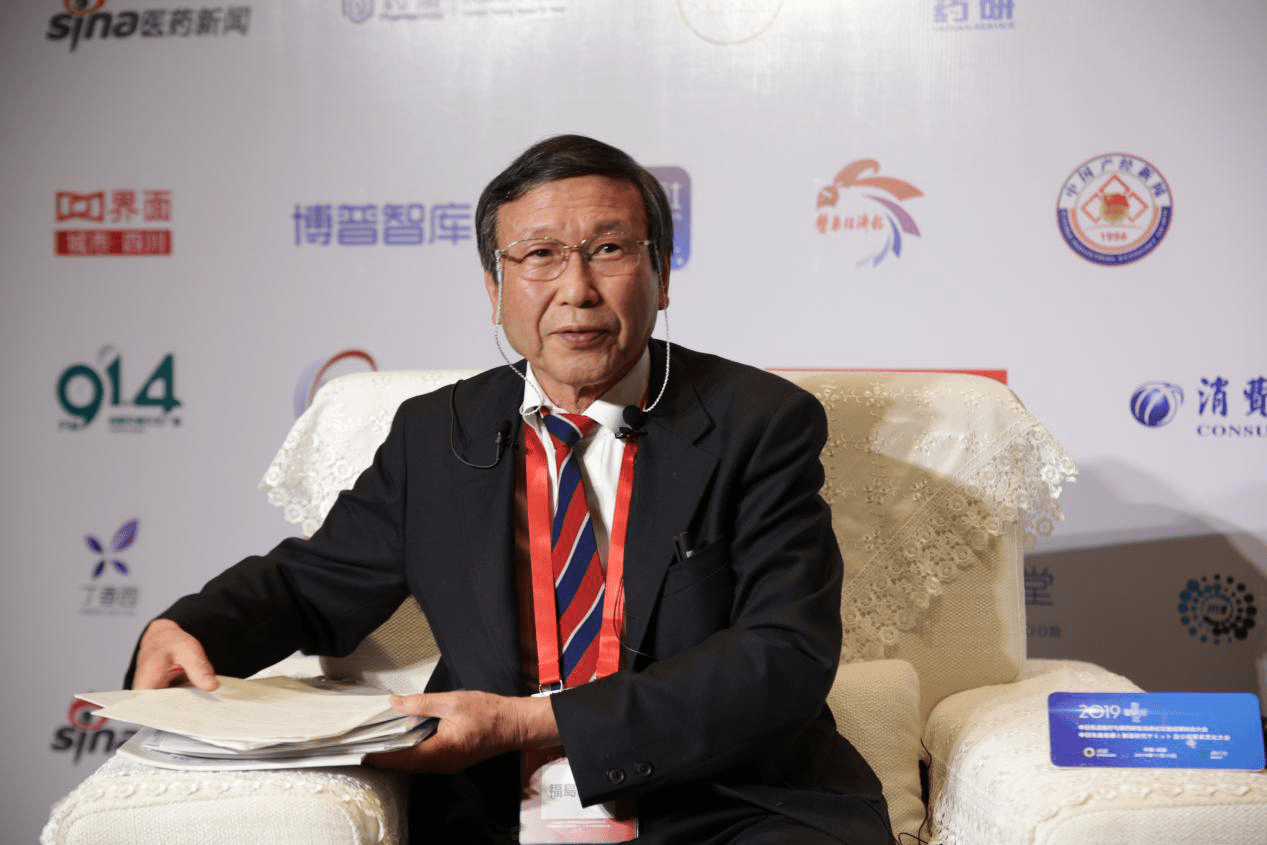Interview | Masanori Fukushima: TRI in Dire Need of Exploring Application of TCM with China
2020-10-26

Open the phone and scan

Masanori
Fukushima, President of Translational Research Center for Medical Innovation
(TRI)
On the 2019 China-Japan Advanced Medical and
New Drug R&D Summit and Achievements Transformation Conference on
November 10, the Translational Research Center for Medical Innovation
(TRI) showcased its programs and products of more than 400 ongoing and
completed clinical trials, ranging from stem-cell therapy and immunotherapy to
gene therapy and regenerative medicine. “We have completed the first round of
clinical trials on regenerative medicine,” said Masanori Fukushima, President
of TRI, “and we hope to present it at this conference.”
Besides cooperation in the realm of bio-medicine, President Fukushima also
considered the R&D and application of traditional Chinese medicine (TCM)
one of their top priorities.“One thing that TRI is in dire need of working with China is,” he
said, “the development of TCM.” Recently the number of ulcerative colitis (UC)
patients has multiplied in Japan, especially among young people. The disease
has made a staggering impact on their lives. Prof. Takanori Kanai of Keio
University proved in his experiment TCM’s prominent efficacy in the
treatment of UC. “Therefore, we plan to join hands with Chinese company to get
the medicine approved in China, and then import it into Japan.” President
Fukushima said, “We also hope to market the medicine in America, Europe
and even across the world.”As Japan faces the rapid graying of its population, President Fukushima pointed
out one of the country's pressing issues was to lower the demand for
nursing personnel. To achieve that goal, medical innovation could be a
plausible approach to three diseases, i.e. stroke, dementia and
osteoarthritis. Regenerative medicine, a type of medical innovation, might be
the solution to help bed-ridden or paralyzed patients, as well as those with
dementia or osteoarthritis. Similarly, the aging population in China, South
Korea and Singapore are rising swiftly, where these countries are
confronted with the same challenge. “China might become a powerhouse for the development of medicines. We
have worked with Fudan University for more than two decades on how to cure
Alzheimer’s, and we have made significant headway.” President Fukushima continued,
“One of China’s strengths is that their hospitals can promptly
collect massive patient data. I believe if we join forces, we
will benefit more people on the medical front.”


